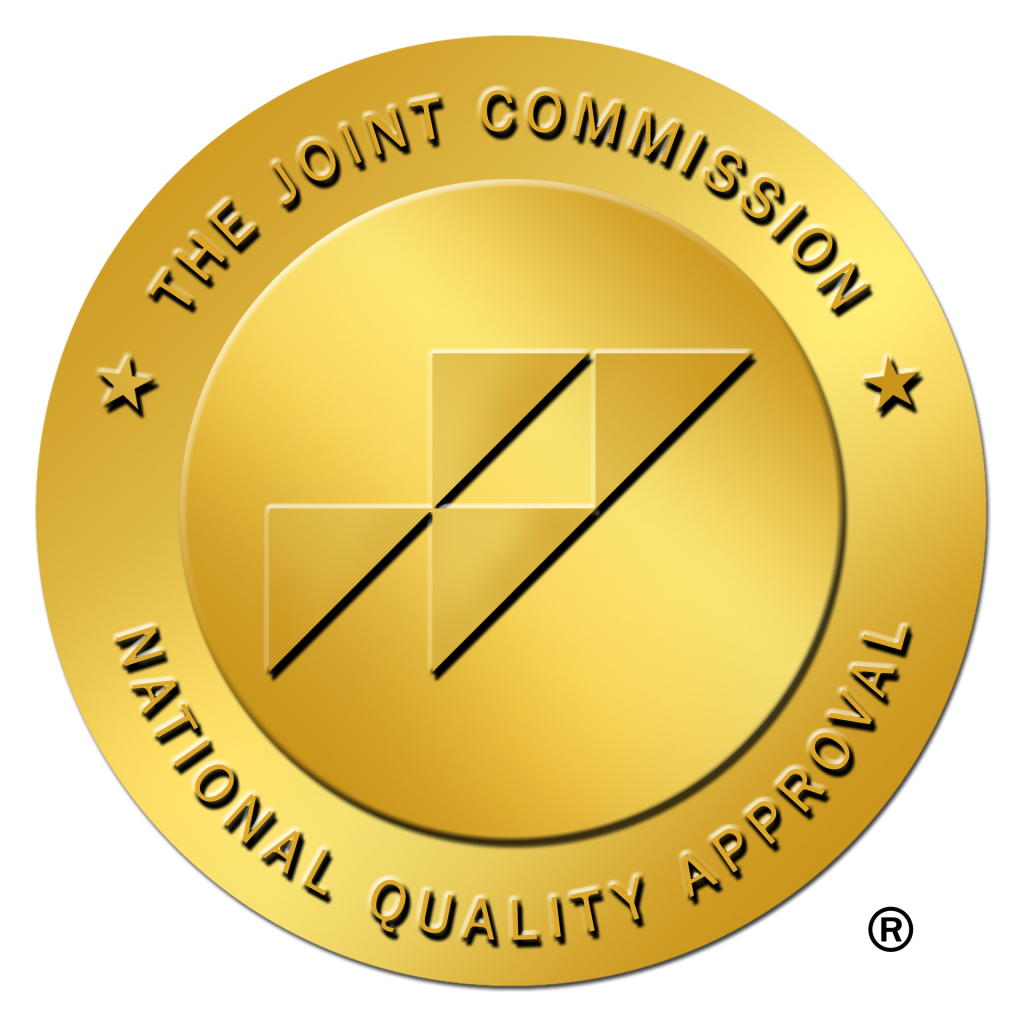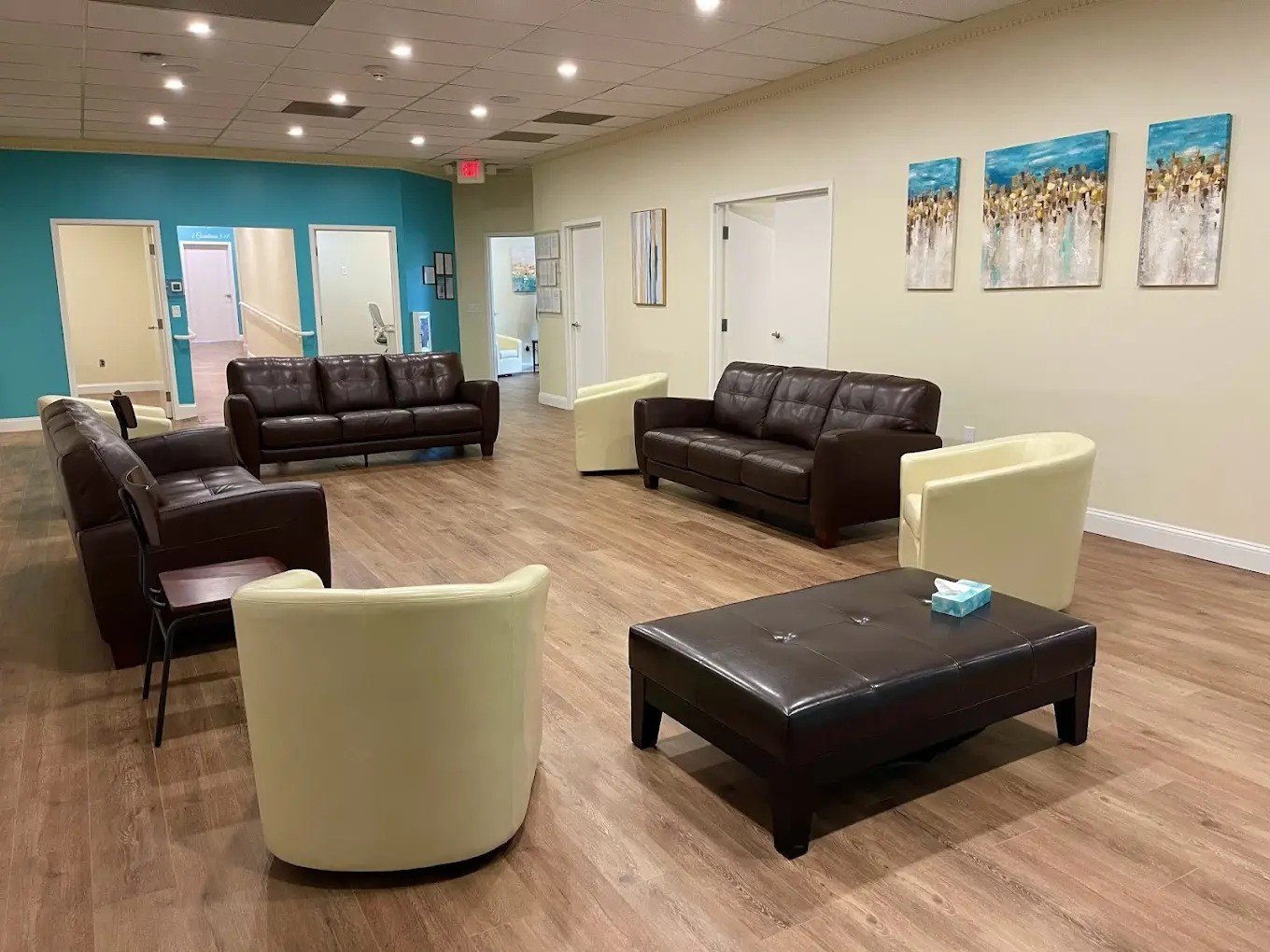Iop Alcohol Treatment Nj
Introduction to IOP Alcohol Treatment NJ
At New Chapter Recovery, located in Parsippany-Troy Hills, New Jersey, we specialize in offering comprehensive outpatient treatment programs for alcohol use disorder, including our renowned Intensive Outpatient Program (IOP). Our approach is rooted in evidence-based practices that combine personalized therapy with flexible schedules, allowing our clients to maintain their daily responsibilities while working towards recovery. By integrating clinical therapies with holistic approaches such as animal-assisted therapy, we provide a unique and effective path for those seeking freedom from alcohol dependence.
Customized Treatment Plans
Multidisciplinary Clinical Team
Our multidisciplinary clinical team is the backbone of our treatment strategy. We tailor each plan to meet the specific needs of our clients, whether they are working professionals, veterans, or individuals seeking outpatient alternatives to residential rehab. Our team includes experienced addiction counselors, psychiatrists, and social workers who are committed to helping clients achieve lasting sobriety.
Personalized Care for Lasting Recovery
By creating a personalized treatment plan, we ensure that each client receives the exact care they need. These plans include a combination of individual counseling, group therapy, and specialized tracks designed to address co-occurring mental health conditions. Our integrated dual diagnosis model allows us to effectively treat both substance use disorders and underlying psychological issues.
Flexibility and Accessibility
One of our core values at New Chapter Recovery is offering flexible treatment options so clients can continue their work or school commitments. Our IOP sessions are designed to accommodate various schedules, providing treatment in both day and evening slots. This flexibility is crucial for clients who need support but cannot commit to residential programs.
Medication-Assisted Treatment
We incorporate medication-assisted treatment (MAT) into our programs to help manage cravings and withdrawal symptoms. This evidence-based approach, combined with therapeutic support, increases the chances of successful recovery. By offering MAT, we provide an additional layer of support for our clients, ensuring they have the medical assistance necessary to remain stable and focused on their journey.
Diverse Therapeutic Modalities
Our center employs various therapeutic modalities, including Cognitive Behavioral Therapy (CBT), Dialectical Behavior Therapy (DBT), and Acceptance and Commitment Therapy (ACT). These approaches are complemented by experiential and animal-assisted therapies, offering a holistic and engaging treatment experience.
Family Support and Engagement
We believe that family involvement is a critical component of recovery. Our programs include family support services to help loved ones understand the recovery process and provide the necessary support to the client. Family therapy sessions are available to address communication issues and build a supportive network.
Specialty Tracks
Veterans Treatment
New Chapter Recovery offers specialized tracks for veterans, incorporating trauma-informed care tailored to their unique experiences. We honor their service by providing dedicated programs that address substance use disorders alongside service-related mental health issues.
Faith-Based Recovery
For those seeking spiritual growth as part of their recovery, our faith-based recovery track integrates spiritual principles with clinical treatment. This track offers a supportive community where clients can explore their faith and its role in healing.
Relapse Prevention Strategies
Our relapse prevention strategies are designed to empower clients with the skills needed to maintain sobriety. These include regular follow-ups, personalized aftercare plans, and ongoing support through alumni meetings. By equipping clients with tools for long-term success, we help them navigate life’s challenges without returning to substance use.
Community Integration and Aftercare
After completing the IOP alcohol treatment NJ program, clients are supported with comprehensive aftercare plans that facilitate community reintegration. These plans may involve regular check-ins, support groups, and access to community resources that reinforce recovery efforts.
Admissions and Insurance Support
Our admissions process is designed to be fast, confidential, and stress-free. We offer free assessments and same-day admissions to ensure clients receive immediate help. Our dedicated admissions team conducts quick insurance verifications, providing clarity on coverage and financial options.
Measuring Clinical Outcomes
At New Chapter Recovery, we emphasize measurable clinical outcomes through individualized goal setting and evidence-based interventions. By tracking progress and adjusting treatment plans as needed, we ensure that our clients achieve meaningful and sustainable recovery.
Experiences and Testimonials
Our clients’ experiences are a testament to the effectiveness of our programs. Many have shared their journeys of transformation and the profound impact our IOP alcohol treatment NJ offerings have had on their lives. These stories serve as a source of inspiration and hope for those beginning their path to recovery.
What sets Intensive Outpatient Programs (IOP) apart from other forms of alcohol treatment?
Intensive Outpatient Programs (IOP) are designed for individuals who need more support than typical outpatient therapy but do not require the 24-hour supervision of an inpatient facility. Our IOP provides a structured yet flexible approach to alcohol treatment in New Jersey, allowing clients to maintain their daily responsibilities, such as work or school, while receiving intensive treatment. Compared to inpatient treatment, IOP is generally less disruptive to daily life, which can be a crucial factor for many seeking recovery. Clients attend multiple therapy sessions per week, engaging in individual and group therapy, which helps reinforce their commitment to sobriety. The flexibility of IOP, with both day and evening sessions, ensures you can fit treatment into your life comfortably, ultimately promoting sustained recovery while maintaining life balance.
How do treatment plans get customized for each individual at New Chapter Recovery?
Customization is at the core of our treatment philosophy. Every individual brings a unique set of circumstances, challenges, and goals to their treatment journey. Our multidisciplinary team, including addiction counselors, psychiatrists, and social workers, collaborates to develop a treatment plan tailored to your specific needs. For instance, if someone is dealing with both alcohol use and anxiety, their plan might incorporate cognitive behavioral therapy (CBT) focused on managing anxiety along with addiction counseling. By integrating therapies like medication-assisted treatment (MAT) and the dual diagnosis model, we address both substance use disorders and co-occurring mental health conditions. This personalized approach ensures the care you receive is as effective and impactful as possible, setting a course for lasting recovery.
How important is family support in the recovery process, and how is this integrated into the treatment?
Family support is a vital component of the recovery process, and at New Chapter Recovery, we actively involve loved ones through family therapy and support services. Recovery is not just about the individual, but about rebuilding and reconciling family dynamics that may have been affected by addiction. For example, family therapy sessions can help improve communication, build trust, and provide a solid support network that reinforces the client’s progress. We help families understand the journey of recovery, providing them with the tools to support their loved ones effectively. This inclusive approach not only enhances the recovery process but also strengthens familial bonds, promoting healing for everyone involved.
What makes flexibility crucial in alcohol treatment programs, and how does New Chapter Recovery accommodate this?
Flexibility in treatment programs is crucial because it allows individuals to continue fulfilling their personal and professional commitments while receiving the care they need. At New Chapter Recovery, we understand that life does not pause for treatment, which is why we offer IOP sessions both during the day and evening. This approach ensures that treatment can be integrated into your existing schedule, minimizing disruption to your daily life. For instance, a professional who works a 9-to-5 job can attend evening sessions, maintaining employment while working towards recovery. This flexibility not only enhances accessibility but also contributes to the sustainability of the recovery process by reducing stress and allowing for a smoother transition back into everyday life post-treatment.
How effective is Medication-Assisted Treatment (MAT) in alcohol recovery, and what role does it play in your program?
Medication-Assisted Treatment (MAT) is a highly effective component in the treatment of alcohol use disorder, especially when combined with therapy and counseling. MAT works by reducing cravings and withdrawal symptoms, making it easier for individuals to focus on the therapeutic aspects of recovery. At New Chapter Recovery, MAT is integrated into the treatment plan when appropriate, based on a thorough assessment by our clinical team. The inclusion of MAT provides an additional layer of support, helping stabilize clients as they navigate the early stages of sobriety. Research shows that combining MAT with a comprehensive therapy program significantly increases the chances of long-term recovery. This evidence-based approach ensures that you have all the tools necessary for a successful journey towards sobriety.
What strategies are employed to prevent relapse, and how are clients prepared for potential challenges post-treatment?
Relapse prevention is a cornerstone of our approach at New Chapter Recovery. We provide clients with skills and strategies to manage triggers and stressors that could lead to relapse. Our approach includes regular follow-up sessions, personalized aftercare plans, and alumni support groups. For example, through group therapy, you might learn techniques to cope with stress healthily or develop a robust support network that you can rely on after completing the program. Our goal is to equip you with the necessary tools to handle life’s challenges without resorting to alcohol. By focusing on long-term success, we help you build confidence in your ability to maintain sobriety and lead a fulfilling life. If you’re curious, what have been some successful strategies you’ve implemented in your own life to manage stress?
How does New Chapter Recovery facilitate community integration and aftercare following the completion of the IOP program?
Community integration is a crucial phase after completing an IOP program. At New Chapter Recovery, we create comprehensive aftercare plans tailored to each client’s needs. These plans might involve ongoing therapy sessions, support groups, or access to community resources designed to stabilize and support continued recovery. For instance, connecting clients with local recovery events or community service opportunities can enhance their sense of purpose and belonging. Aftercare plans are not only about maintaining sobriety but also about helping clients rebuild their lives in meaningful ways. We stay engaged with clients, offering regular check-ins to ensure they’re adjusting well and continuing to progress. This continuous support network is vital to reinforcing the gains made during treatment. How do you see aftercare services impacting overall recovery success?
Resources
- Substance Abuse and Mental Health Services Administration (SAMHSA) – SAMHSA is the leading agency in the United States that aims to reduce the impact of substance abuse and mental illness on America’s communities. They provide information, resources, and support for individuals struggling with addiction.
- National Alliance on Mental Illness (NAMI) – NAMI is a trusted organization dedicated to improving the lives of individuals and families affected by mental illness. They offer education, advocacy, and support for those dealing with mental health conditions.
- National Institutes of Health (NIH) – The NIH is a prestigious biomedical research agency that conducts studies and provides valuable information on various health topics, including addiction and mental health. Their research informs evidence-based treatment approaches.
- Healthy People – Healthy People is a program by the U.S. Department of Health and Human Services that sets objectives for improving the nation’s health. They offer data, tools, and resources related to substance abuse and mental health.






